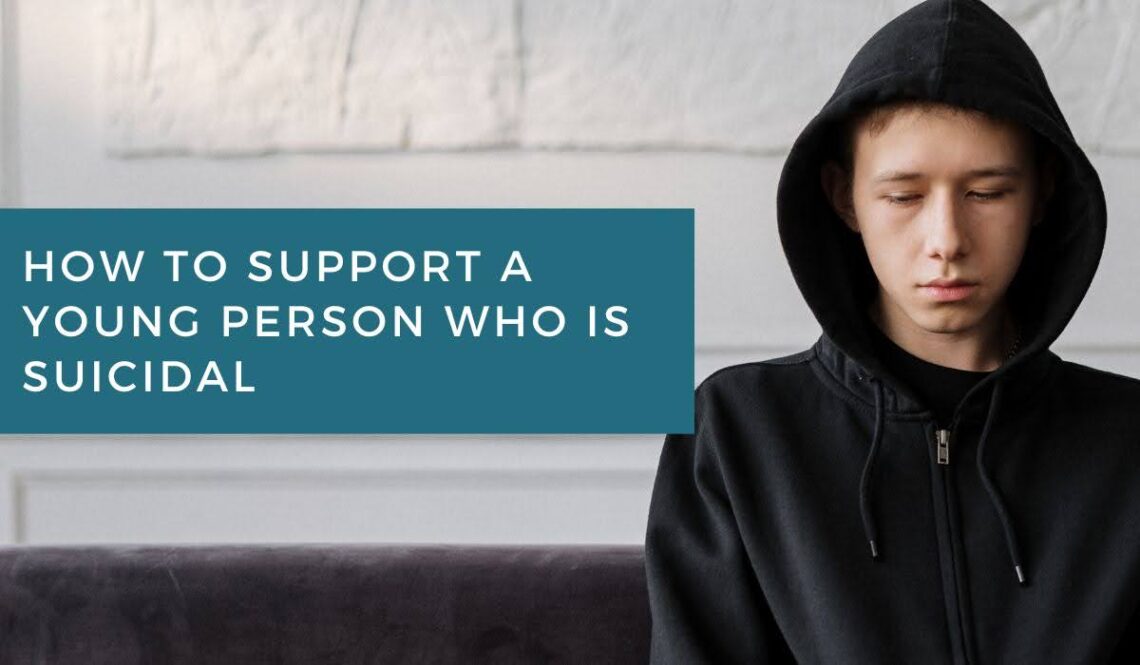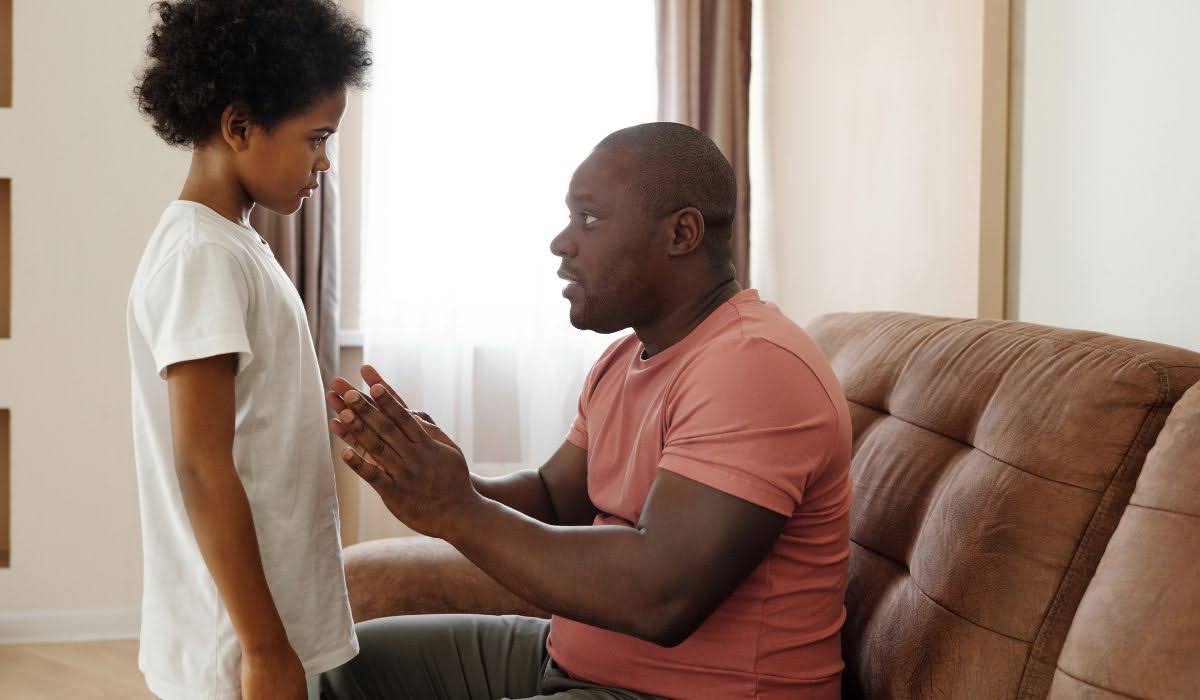
How to Support a Young Person Who Is Suicidal
When faced with the serious issue of suicidal thoughts in young people, your support can make a significant difference. Adolescents navigate unique pressures that can impact their mental health. Here’s how you can effectively support a young person who is struggling:
Understanding Adolescent Mental Health
Adolescents may show different signs of distress compared to adults. Look for:
- Changes in Eating and Sleeping Habits: Significant fluctuations in appetite or sleep patterns can signal underlying depression or anxiety.
- Decline in Academic Performance: A sudden drop in grades or loss of interest in school activities may indicate emotional distress.
- Withdrawal from Friends and Activities: Social isolation is a common indicator of mental health struggles among adolescents.
- Expressions of Hopelessness or Worthlessness: Statements like “I’m worthless” or “Nothing matters” should be taken seriously and addressed promptly.
- Risk-Taking Behaviours: Increased involvement in risky behaviours can be a manifestation of underlying mental health issues.
Effective Communication
When talking to a young person:
- Be Approachable: Create a safe and non-judgmental space for them to express their feelings. Let them know you are there to listen and support them unconditionally.
- Use Age-Appropriate Language: Ensure your language is clear, empathetic, and understandable, avoiding jargon or intimidating terms.
- Encourage Open Dialogue: Ask open-ended questions to encourage them to share their thoughts and feelings. For example, “What’s been on your mind lately? How are you coping?
- Asking someone if they are thinking about suicide is a crucial step in providing support. Start by choosing a private time and place. Express your concern and directly ask if they have thought about suicide. If they admit to having these thoughts, listen and validate their feelings without judgement. Offer to connect them to professional help and never promise to keep their thoughts a secret. If they are in immediate danger, seek emergency assistance.
Taking Action
- Seek Professional Help: Encourage the young person to speak with a counsellor or mental health professional. Offer to assist in finding appropriate resources or accompany them to appointments if needed.
- Involve Trusted Adults: If it’s safe and appropriate, inform parents, guardians, or teachers about the situation. Collaboration with trusted adults can provide additional support and resources.
- Provide Resources: Share information about mental health resources and support services. Courses like Youth Mental Health First Aid can be incredibly beneficial.
Supporting young people through their mental health challenges requires patience, empathy, and a willingness to listen. By creating a safe and supportive environment, we can help them navigate their struggles and connect them with the assistance they need to thrive.
Together, let’s prioritise mental health and ensure young people receive the support and care they deserve.




